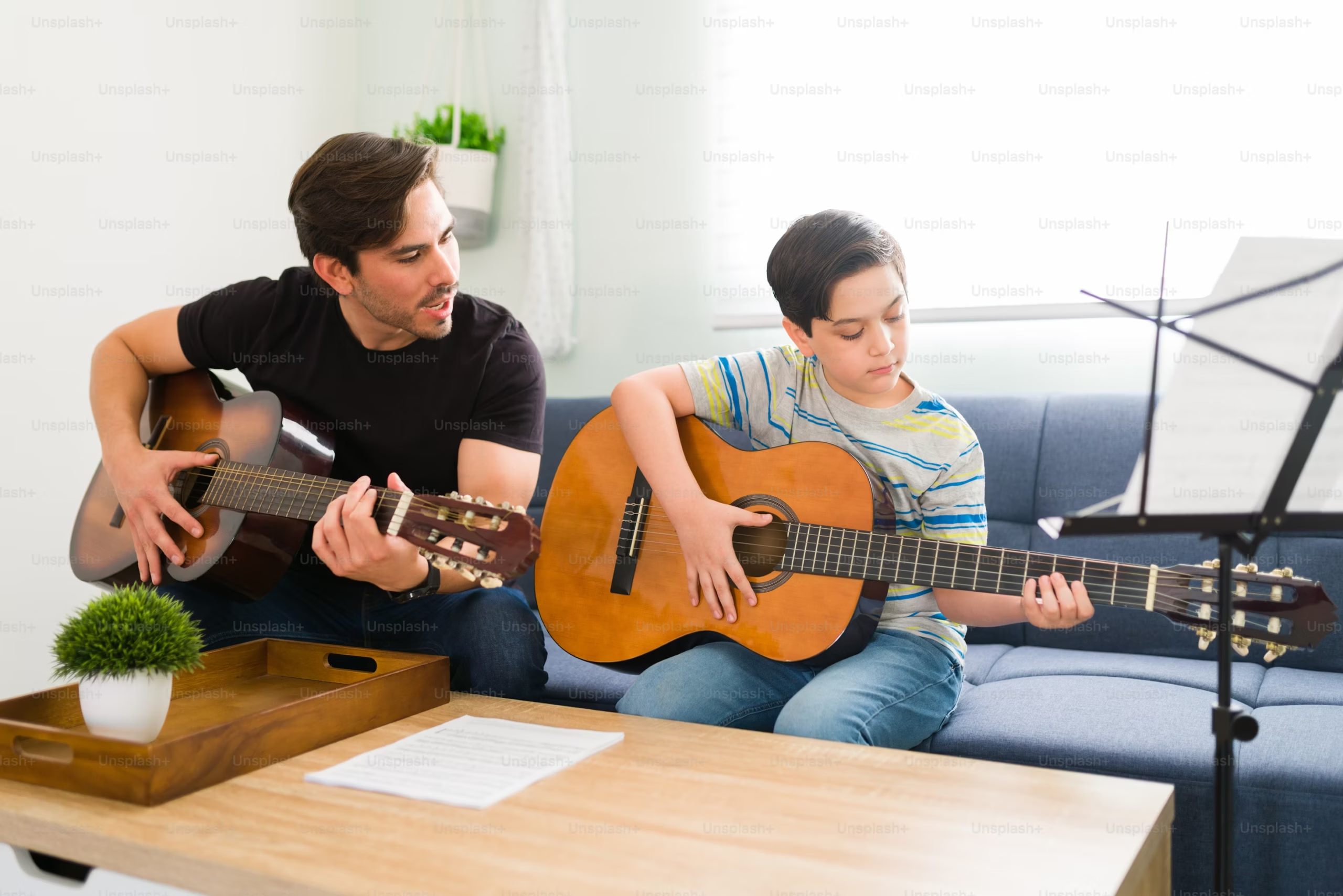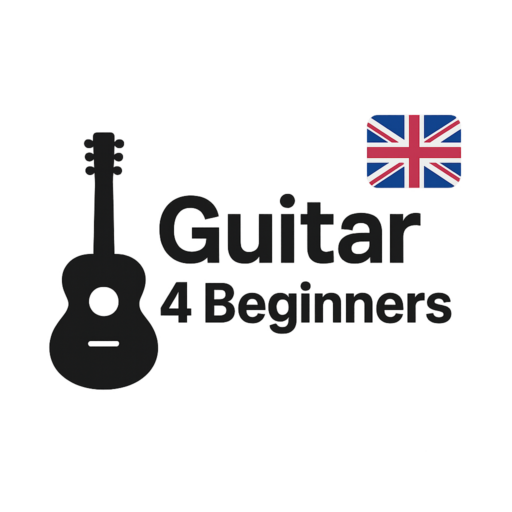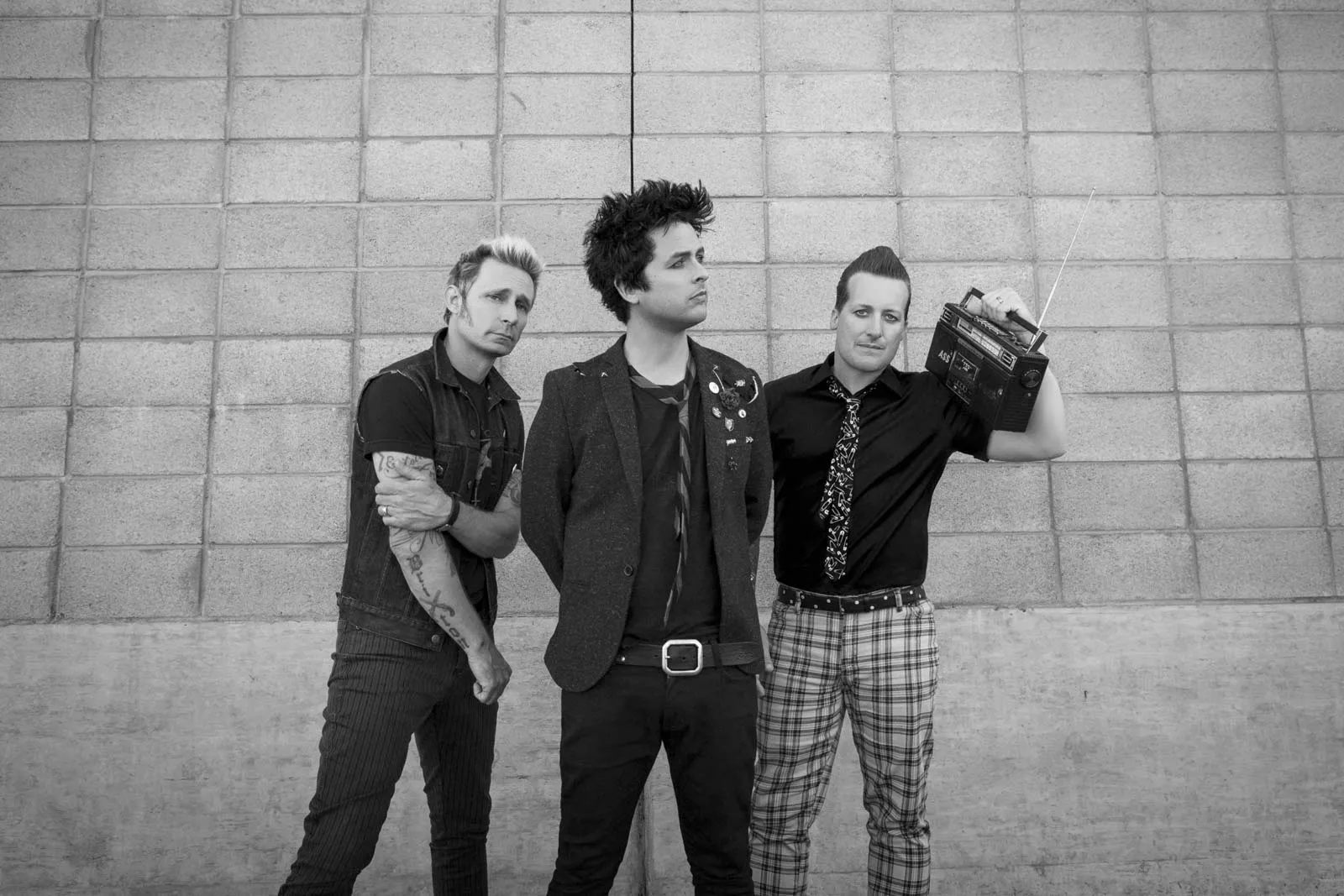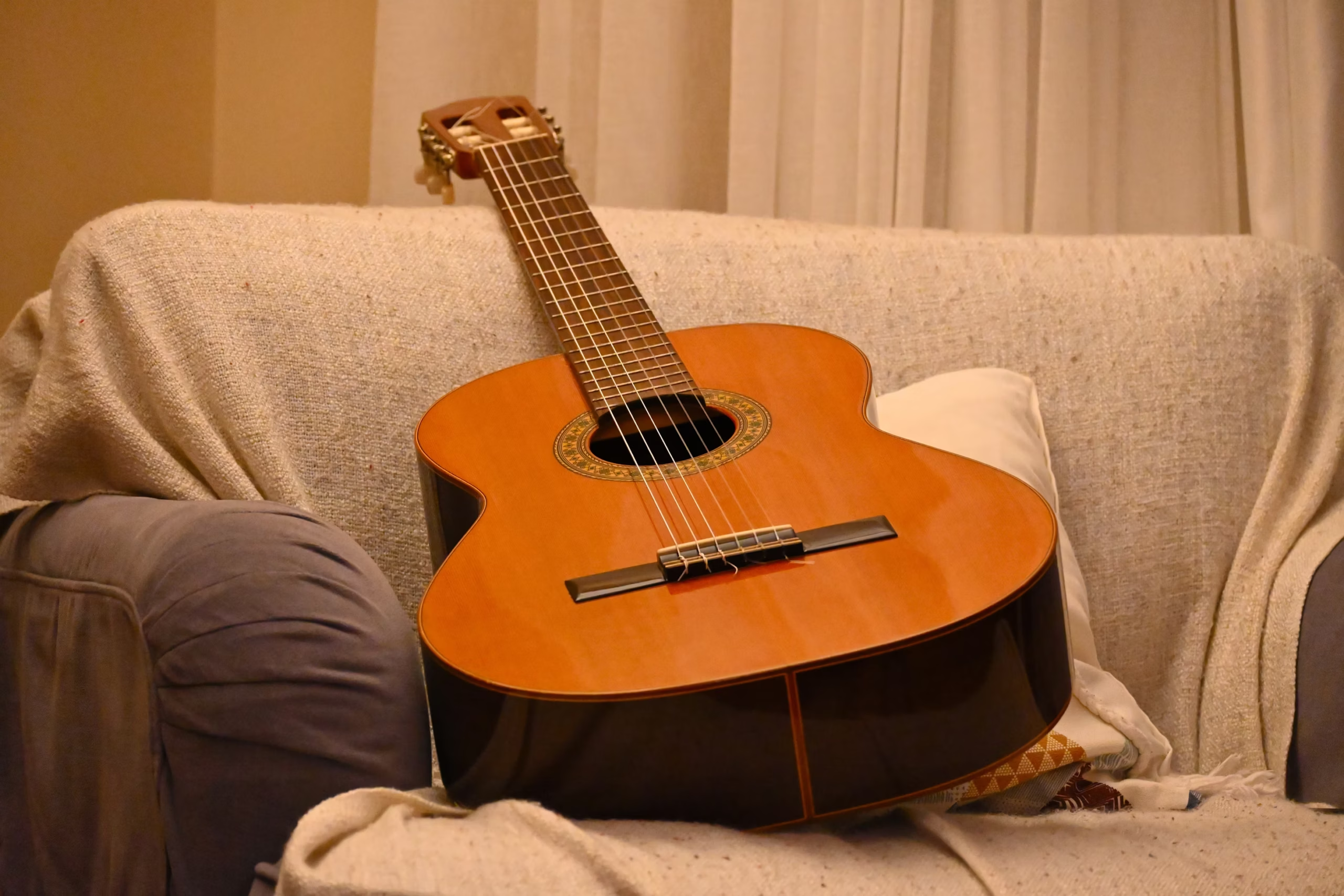The guitar is an awesome instrument to learn, but one big question often arises: Do you need a guitar teacher, or can you learn guitar yourself? With the explosion of online resources and apps in recent years, it’s never been easier to pick up a guitar and start playing without having to fork out the money on a teacher—but is learning without a personal guitar teacher the best route? Let’s dive into both sides of the story and figure out which path works best for you!

The Case for a Guitar Teacher
A guitar teacher offers numerous benefits that can significantly boost your guitar-playing journey. One of the key advantages of hiring a guitar teacher is their ability to assess your current skill level and design a personalised lesson plan tailored to your unique needs. This ensures that you’re not wasting time on techniques that are too advanced or too basic for your current level.
Additionally, a skilled guitar teacher can spot mistakes or bad habits that could be holding you back in the long term. With immediate feedback and correction, you’ll be able to progress much faster than if you were learning on your own. A guitar teacher also keeps you accountable, ensuring you don’t slack off or lose motivation along the way. The learning process becomes much less isolating when you have regular check-ins with a teacher who offers constant support and encouragement. Moreover, a teacher can introduce you to a wide variety of songs, giving you the chance to learn pieces that match your interests while helping you refine different skills and techniques. With a knowledgeable teacher by your side, your guitar learning experience becomes more structured, engaging, and enjoyable.
If you thrive in a structured learning environment, prefer face-to-face lessons, or want to make rapid progress in a specific genre, investing in a guitar teacher might be well worth it.
Can You Learn Guitar Without a Teacher?
While a guitar teacher can provide valuable guidance, there are also some downsides to consider. Guitar lessons with a teacher can be expensive, especially if you’re taking regular lessons. Additionally, a bad teacher can turn the guitar learning process into something that feels more like homework rather than a fun and creative journey. If a teacher’s style doesn’t align with your interests or is too rigid, it can lead to frustration and make you lose your passion for playing.
However, there’s good news for those who prefer to learn guitar without a personal teacher! With so many fantastic online resources available, including YouTube channels, apps, and online courses, you can access high-quality lessons from professional musicians and guitar instructors at your own pace. By being in control of your own learning, you can focus on the styles and songs that excite you most, making your guitar journey feel more personalised and enjoyable. Whether you prefer to learn on your own or want to explore supplementary content, there are plenty of ways to enhance your guitar-playing skills without a traditional teacher.
So, whether you decide to go for a teacher or dive into self-guided learning, remember that both options offer unique benefits that can help you become the guitarist you’ve always wanted to be!
Tips for Teaching Yourself Guitar Successfully
Teaching yourself guitar can be a super rewarding experience—you get to learn at your own pace, focus on the music you love, and stay in control of your progress. But let’s be honest: it also comes with its own set of challenges. Without a teacher guiding you, it’s easy to develop bad habits, lose motivation, or get stuck. The good news? With the right strategies, teaching yourself guitar can be just as effective (and fun!) as traditional lessons.
Use Good Online Teachers
The internet is packed with guitar content, but not all of it is created equal. To make the most of your practice time, stick to high-quality, beginner-friendly platforms. Apps like Justin Guitar, Fender Play, and the Gibson Guitar App are fantastic starting points. They offer structured lessons, video tutorials, and song libraries to keep things engaging. Starting with a step-by-step course keeps your learning focused and helps you avoid information overload. Trusting great resources is like having a virtual teacher in your pocket! I personally found Justin Guitar great for Rhythm Guitar and the Gibson App great for learning lead – but they mostly offer free trials, so give them a go and see what style is best for you.
Learn Rhythm & Lead
Don’t just stick to chords—explore both rhythm and lead guitar styles. Rhythm guitar will help you strum along with your favorite songs and understand song structure, while lead playing introduces solos, riffs, and scales. Balancing both gives you a well-rounded skillset and opens up more musical possibilities. Even if you’re mostly interested in one style, having a basic grasp of the other makes you a more versatile guitarist and helps deepen your musical understanding.
Record Yourself & Listen
One of the best (and most underrated) ways to improve is to record yourself playing. It’s easy to think you’re nailing a song until you hear it back! Recording helps you catch timing issues, messy chord changes, and inconsistent strumming that you might miss while playing. It also lets you track your progress over time, which can be super motivating. Use your phone or a simple recording app—no fancy equipment required.
Join Online Communities
Learning solo doesn’t mean you have to feel isolated. The online guitar community is huge and full of friendly, helpful players. Sites like Reddit (check out r/guitar and r/learnguitar), forums, and Discord groups are great for asking questions, sharing progress, and finding song recommendations. You’ll find people at every stage of their guitar journey, and engaging with others can provide a big boost of motivation and support.
Practice Consistently
Consistency is key when it comes to learning any instrument. Set aside dedicated time to practice—even 15 to 30 minutes a day can lead to big improvements over time. Make your practice sessions intentional: focus on specific techniques, review past lessons, and challenge yourself with new songs. It’s better to practice a little every day than to cram once a week. Over time, those small wins will add up, and you’ll be amazed at how far you’ve come.
Final Thoughts: Should You Get a Guitar Teacher?
If you prefer accountability, structure, and one-on-one feedback, hiring a guitar teacher can be incredibly helpful. But if you’re motivated, curious, and comfortable exploring apps and videos, you absolutely can teach yourself guitar.
In fact, the best beginner approach may combine the two worlds — using top-rated guitar learning apps like Justin Guitar and Gibson to learn the basics, and then a teacher to guide you through more complex techniques once you have a foundational knowledge of chords, strumming and playing basic lead lines.
No matter how you learn, remember: every guitarist starts as a beginner. What matters most is that you enjoy the process and keep playing. If you think you would enjoy learning with a teacher, get a teacher. If you think you would have more fun teaching yourself – then do that!



